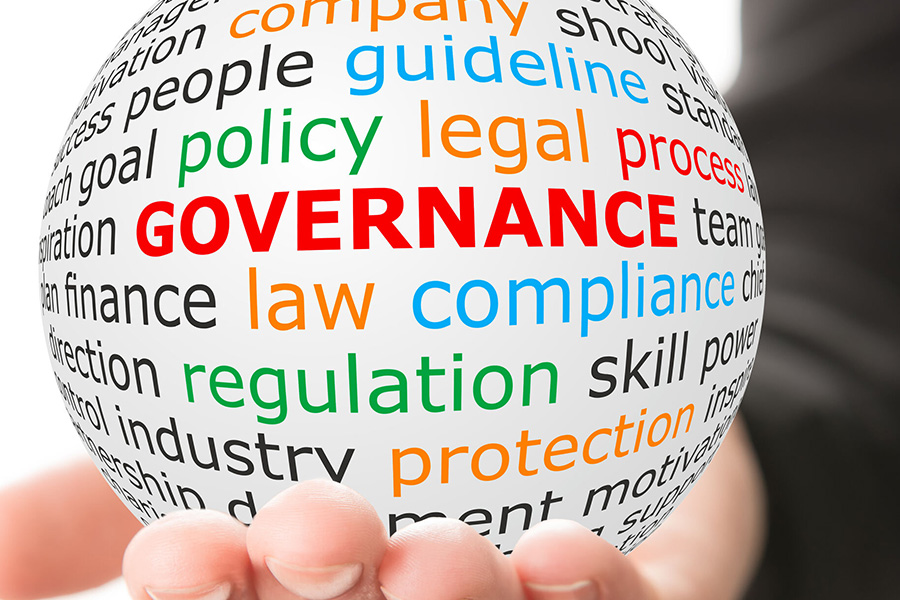Unit 4: Good governance and organisational oversight
4.1 Introduction
In this unit we look at how a Board should function to ensure that safeguarding is kept at the top of the agenda as an organisational risk.

In this final unit we look at the Board, the ultimate governing body of any organisation, which is responsible for good governance and oversight.
The Board should be made up of individuals with different knowledge and skills sets, so as to complement one another and also to ensure that they are able to support the growth of the organisation. Often Board members offer their time and efforts voluntarily – although organisations may reimburse them for out-of-pocket expenses, such as travel and perhaps accommodation costs for in-person meetings.
Boards ought to exercise their authority wisely and ensure that management provides them with the full information that they require to enable them to make good decisions. They are also in the position of being a critical friend to the organisation, providing much needed oversight and holding senior management to account.
Even though Board members are essentially volunteers, they can also be registered as the unpaid Directors of an organisation, which means that they have legal duties to perform, such as signing off financial annual returns and other reports. Directors of an organisation (even though the role is voluntary) could be held to account legally for criminal or even civil breaches of the law. Under British law, these Directors also become trustees of the organisation if it is successfully registered as a charity under the Charities Commission.
